
Juliane "Liane" Haid was an Austrian actress and singer. She has often been referred to as Austria's first movie star.

Carl de Vogt was a German film actor who starred in four of Fritz Lang's early films. He attended the acting school in Cologne, Germany. Together with acting he was also active as a singer and recorded several discs. His greatest hit was "Der Fremdenlegionär". An extremely successful actor in his early career, he died in relative obscurity in 1970.

Joseph W. Girard was an American film actor. He appeared in more than 280 films between 1911 and 1944. He was born in Williamsport, Pennsylvania, and died in Woodland Hills, Los Angeles.
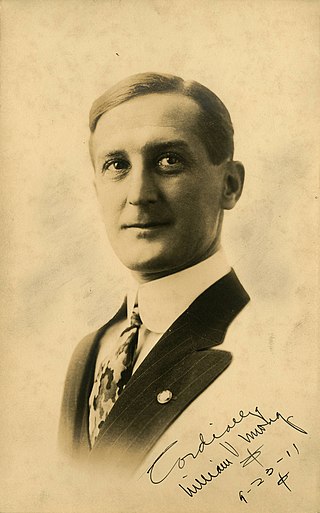
William V. Mong was an American film actor, screenwriter and director. He appeared in almost 200 films between 1910 and 1939. His directing (1911–1918) and screenwriting (1911–1922) were mostly for short films.
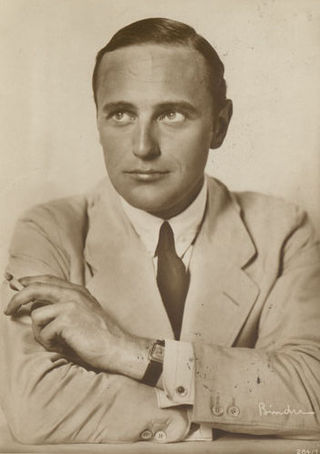
Harry Liedtke was a German film actor.

Julius Falkenstein was a German stage and film actor of the silent era. He appeared in more than 180 films between 1914 and 1933. Falkenstein was Jewish, but secured a special permit to continue making films following the Nazi rise to power in 1933. He died of natural causes the same year, having made only one further film.
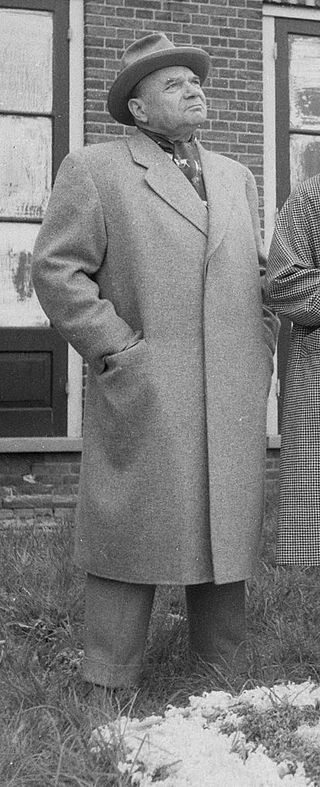
Georg Jacoby was a German film director and screenwriter.
Carl Eduard Hermann Boese was a German film director, screenwriter, and producer. He directed 158 films between 1917 and 1957.
Jakob Karl Heinrich Wilhelm Tiedtke was a German film actor. He appeared in more than 190 films between 1914 and 1955.

Hans Ferdinand Junkermann was a German actor. He was married to the Austrian actress Julia Serda.
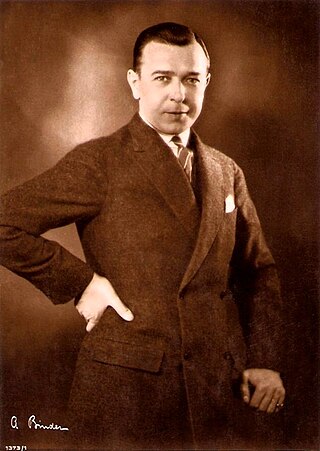
Georg Alexander was a German film actor who was a prolific presence in German cinema. He also directed a number of films during the silent era.

Eduard Clemens Franz Anna Freiherr von Wangenheim, known as Eduard von Winterstein, was an Austrian-German film actor who appeared in over one hundred fifty German films during the silent and sound eras. He was also a noted theater actor.

Paul Biensfeldt was a German-Jewish stage and film actor.
Fritz Greiner (1879–1933) was an Austrian film actor.

Margarete Kupfer was a German actress.
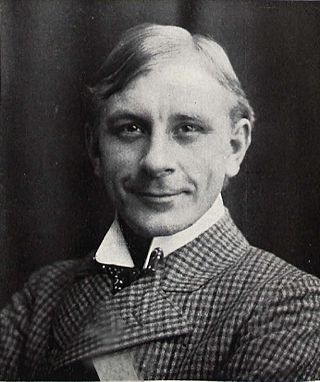
Karl Platen was a German actor and cinematographer of the silent era and later the sound era and known for Girl in the Moon (1929) and M (1931).
Carl Drews was a German cinematographer.
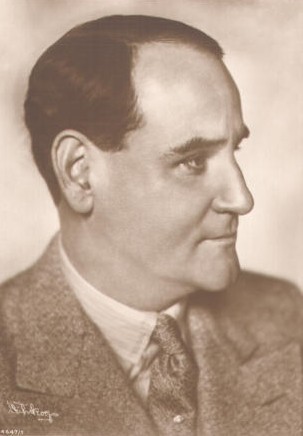
Hans Adalbert Schlettow was a German film actor. Schlettow appeared in around a hundred and sixty films during his career, the majority during the silent era. Among his best-known film roles was Hagen von Tronje in Fritz Lang's film classic Die Nibelungen (1924). In 1929 he starred in the British director Anthony Asquith's film A Cottage on Dartmoor.
Robert Liebmann was a German screenwriter. Being of Jewish ancestry, he was one of the many that were murdered by the Nazis in 1942. During the occupation of France by the Nazis, Liebmann was arrested and sent to the Drancy internment camp. From there, the Nazis deported him to the Auschwitz concentration camp, where he was probably murdered immediately after his arrival.
Hermann Picha was a German stage and film actor. Picha was extremely prolific, appearing in over 300 short and feature films during the silent and early sound eras. Picha played a mixture of lead and supporting roles during his career. He played the title role in the 1920 film Wibbel the Tailor, directed by Manfred Noa. He appeared in Fritz Lang's Destiny.













